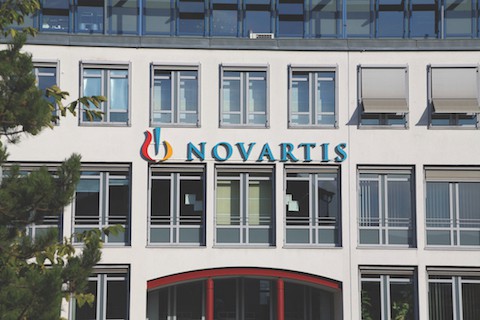
Swiss pharma company Novartis has entered into an agreement with the Bill & Melinda Gates Foundation for the discovery and development of an ‘accessible’ gene therapy for sickle cell disease (SCD).
The Gates Foundation will provide funding support for the discovery and development of a single-administration, in vivo gene therapy with the aim of curing SCD.
Current gene therapies in clinical testing for SCD work by taking cells from a patient that are then altered in a laboratory and reintroduced to the patient in a process similar to a bone marrow transplant.
Novartis is aiming to develop a different type of gene therapy for SCD that could potentially be administered once without the need for cell modification in a lab setting.
The Gates Foundation will provide funding support for a wholly-dedicated research team within the Novartis Institutes for BioMedical Research (NIBR) for the development of this potential treatment.
“Existing gene therapy approaches to sickle cell disease are difficult to deliver at scale and there are obstacles to reaching the vast majority of those affected by this debilitating disease,” said Jay Bradner, president of the NIBR.
“This is a challenge that calls for collective action, and we are thrilled to have the support of the Bill & Melinda Gates Foundation in addressing this global unmet medical need,” he added.
As part of the agreement strategy, Novartis will also prioritise addressing access and distribution challenges in low- and middle-income countries.
The Gates Foundation’s funding agreement includes specific provisions to support global access to any innovations resulting from the dedicated research.
SCD, a hereditary blood disease, affects millions across the globe, with over 30,000 people born with the condition each year.
It disproportionately affects people of African descent, with sub-Saharan Africa bearing around 80% of the disease burden.
SCD is also common among those with ancestry from South America, Central America and India, as well as several Mediterranean countries such as Italy and Turkey.
“What’s exciting about this project is that it brings ambitious science to bear on that challenge. It’s about treating the needs of people in lower-income countries as a driver of scientific and medical progress, not an afterthought,” said Trevor Mundel, president of global health at the Gates Foundation.
“It also holds the promise of applying lessons learned to help develop potentially curative options for other debilitating diseases affecting low-income populations, such as HIV,” he added.




